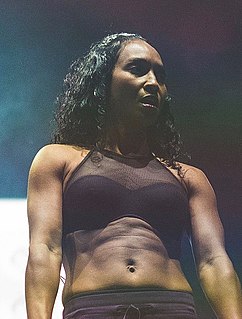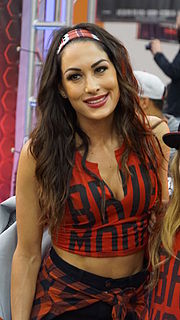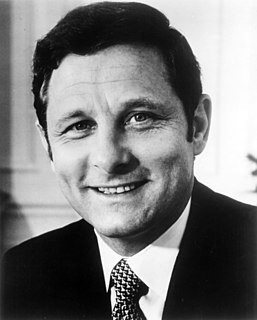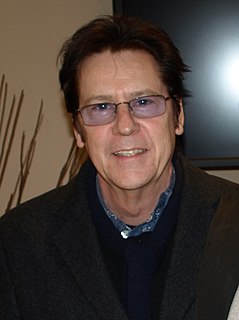A Quote by Rozonda Thomas
Starting out as young women, we didn't care that people thought that we were a fad or if people thought we didn't dress girly enough - we were just like, 'Whatever.' We were able to accomplish that with three totally different girls, in a group.
Related Quotes
When I was four I joined a group of girls who were talking about their party dresses. I thought they were imagining, so I imagined a fantastic pink velvet dress with lots of jewels. But they were simply describing what they actually wore, and they had utter contempt for my obvious fiction. After that, I never joined a group again.
I meet so many people. I want to be genuine and open with everyone, because when I was young and just starting out, I remember I was around people who were successful, and I thought that some were kind of cool or off-putting to their fans. It always really bothered me. So I think I may sometimes go too far out of my way.
During intermission she peeked out at the theater, watching it refill. When it was almost full and the lights blinked on and off, she saw three people file in through the center door and her breath caught. Time lapsed as they walked down the center aisle: three teenage girls all in a row. They were so big, so bright, so beautiful, so magnificent to Carmen’s eyes that she thought she was imagining them. They were like goddesses, like Titans. She was so proud of them! They were benevolent and they were righteous. Now, these were friends.
There were the days when women were under contract, and they were thought of as a commodity, so they hired the best writers and a lot of them were women at the time. This was in the thirties and forties, to make product for the people who were under contract, who were their assets to the studios. But that doesn't exist anymore - and as a result, the people who are in the industry write products that interest them.
A while back there was this fad where a big star [would get] a producing credit and you'd ask around, and people were like, "No, they didn't produce, they just took the credit." I was flabbergasted. So when I started, people were weirded out by the fact that I was like, "How long is our prep? I'll come a week before that." They were like, "We're not shooting for six weeks."
Like, when we did Parliament and Funkadelic and Bootsy, it was actually one thing. But there were so many people that you could split them up into different groups. And then, when we went out on tour and they [the record companies] would see us all up there together - we had five, six guitars playing at one time, not including the bass! -, they said: "Wait a minute, that's just one whole group, selling different names!" But it wasn't - we had enough people in the group that each member would have a section to be another group. So now we're finally starting to get them to understand that.
When you are organizing a group of people, the first thing that we do is we talk about the history of what other people have been able to accomplish - people that look like them, workers like them, ordinary people, working people - and we give them the list: these are people like yourself; this is what they were able to do in their community.
We thought that the odds of things working OK were up in the upper 90 percent or we wouldn't have gone. But the - there were some problems cropped up on the flight but was able to take care of those OK and - although they were things that we hadn't really trained that much for. But it was the time of the Cold War and so there were was a lot of pressure on the - to get going and the Russians were claiming that they were - Soviets were claiming they were ahead of us in technology.
The ball scene was never really only gay people. I think people have this notion that if there's a man hanging around a gay man, he must be gay, but that's just stigma. Back in the day, it was the same; there were lots of different people there: gay, straight, whatever. They did not care what they were called because they knew who they were.







































